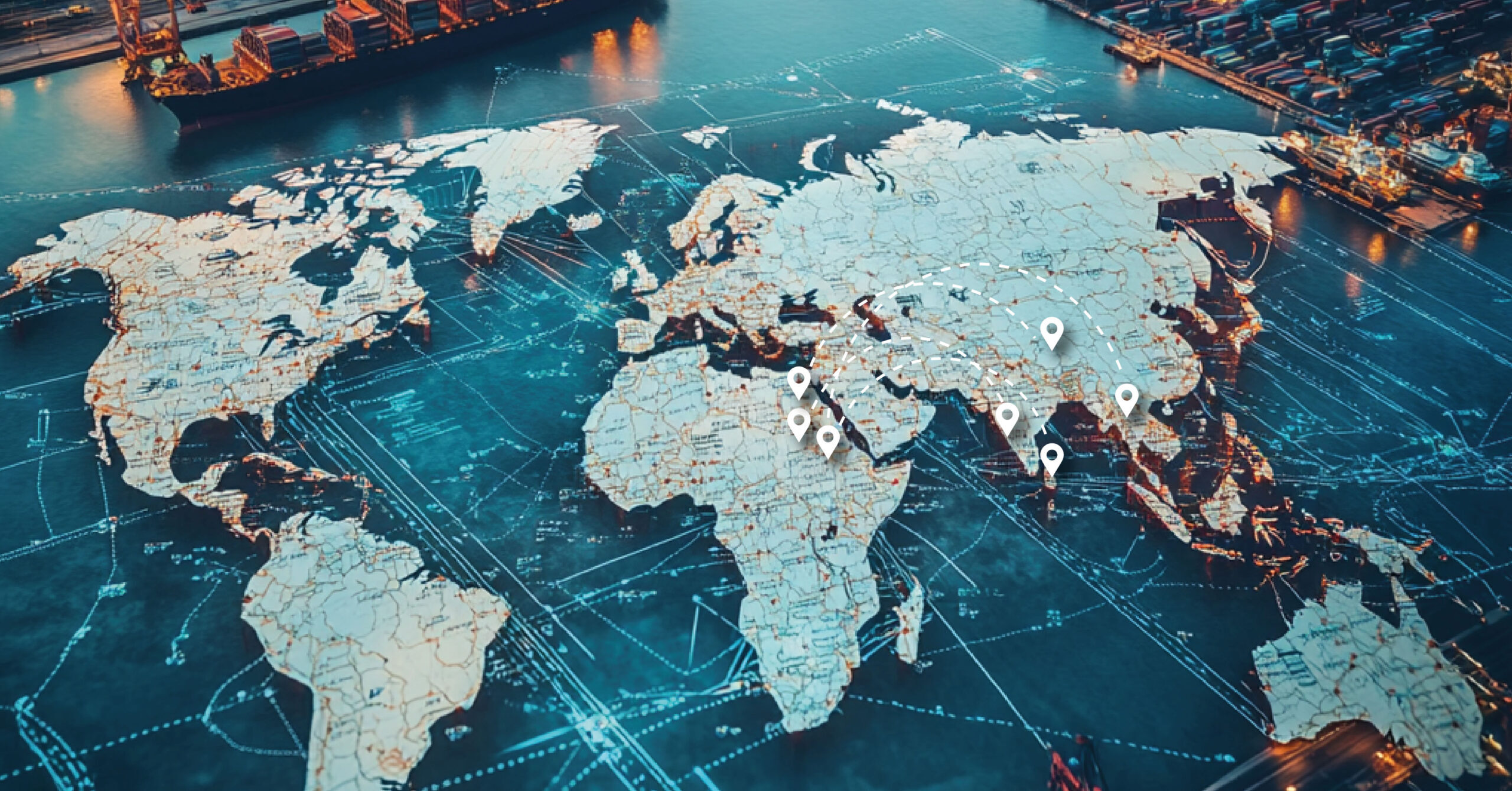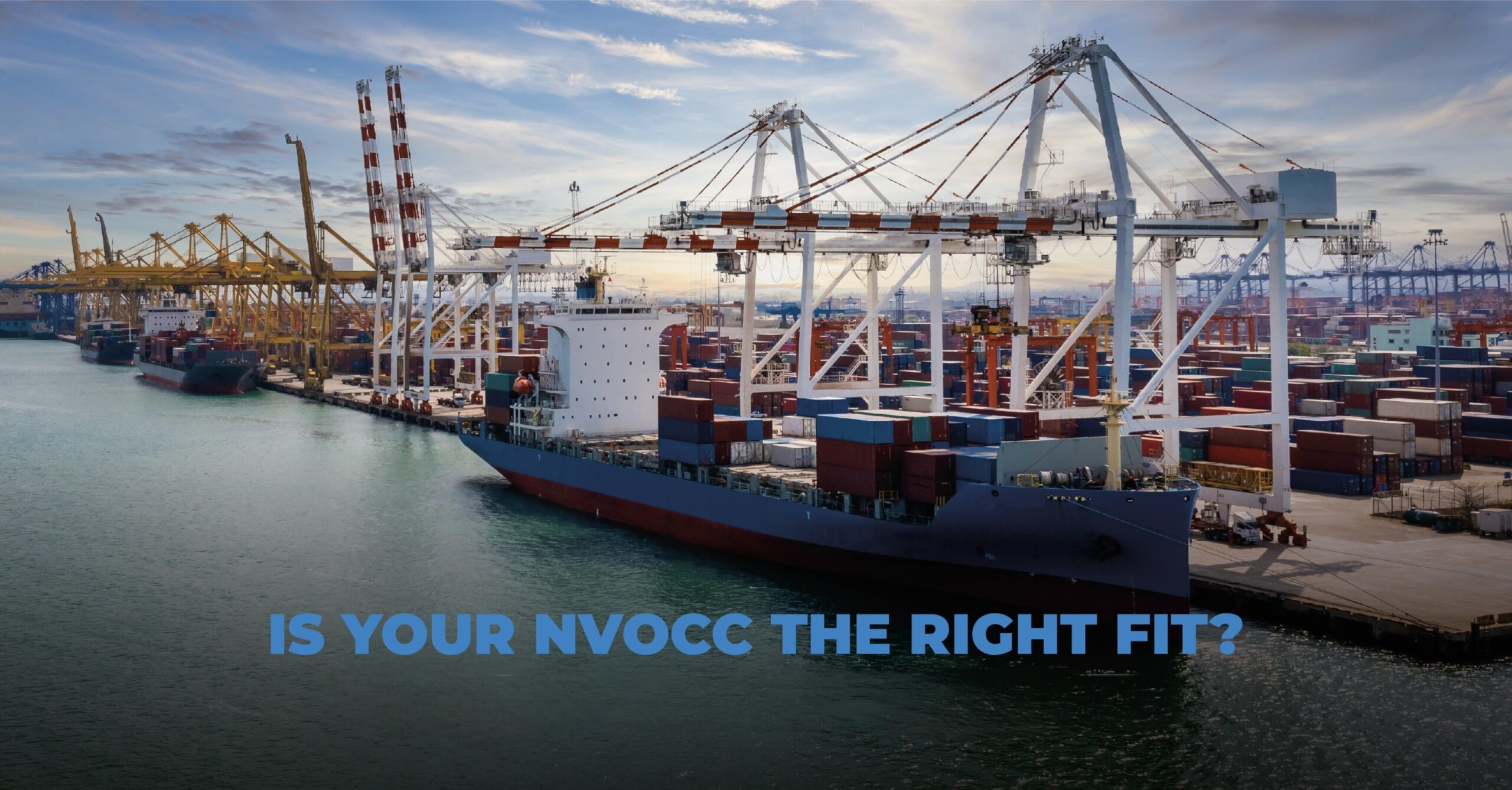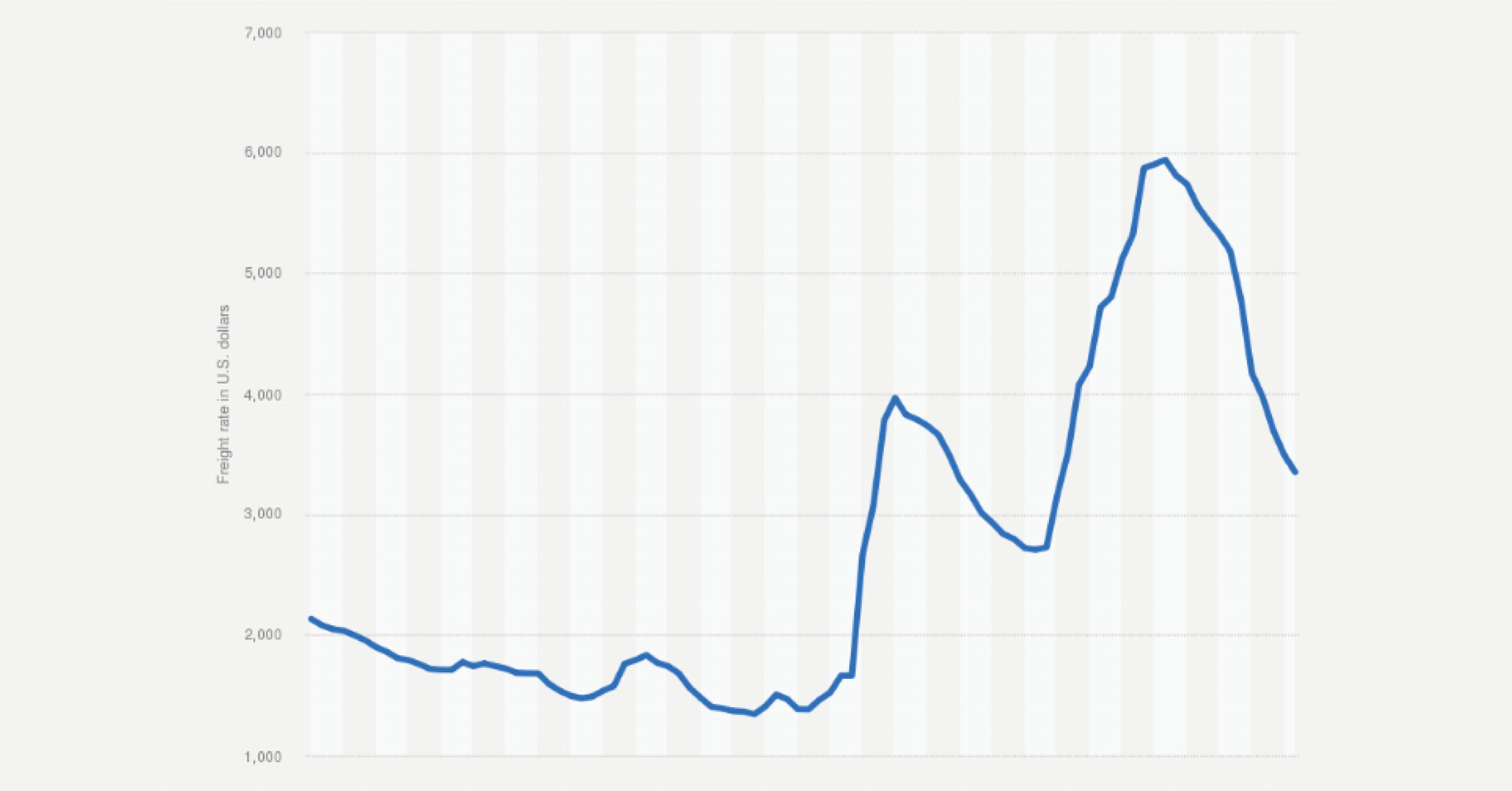The strategic connection between India, Sri Lanka, China, and Vietnam to Saudi Arabia and its Red Sea ports represents a transformative opportunity in global trade dynamics. This network not only facilitates the movement of goods but also strengthens economic ties among nations, enhances regional stability, and paves the way for collaborative growth.
Economic Significance:
The Red Sea ports, particularly those in Saudi Arabia, serve as vital gateways for trade between Asia and Europe. By connecting major economies like India, Sri Lanka, China, and Vietnam to these ports, a more efficient supply chain can be established, reducing transit times and costs. For instance, Indian exports—ranging from textiles to technology—can reach European markets more swiftly, enhancing competitiveness. Similarly, China’s manufacturing prowess can leverage this route to distribute goods across the Middle East and beyond, reinforcing its role as the world’s factory.
Enhanced Trade Routes:
The establishment of direct shipping routes from these Asian countries to Saudi Arabia and Red Sea ports will streamline logistics. Currently, goods often require longer routes through the Suez Canal or other transit points. By enhancing connectivity, trade volumes can increase significantly, benefitting industries in all involved nations. For instance, Sri Lanka’s agricultural products and Vietnam’s electronics can find lucrative markets in the Middle East, bolstered by reduced shipping times.
Regional Collaboration and Stability:
Creating stronger economic ties through improved connectivity fosters regional collaboration. Joint ventures and partnerships can emerge in various sectors, including logistics, manufacturing, and technology. This collaboration can lead to shared innovations, sustainable practices, and mutual economic growth. Additionally, stronger economic ties can contribute to political stability in the region, as interdependence often encourages peaceful relations among nations.
Infrastructure Development:
Investing in infrastructure to connect these nations with Saudi Arabia’s Red Sea ports will lead to significant advancements in transport and logistics capabilities. Improved port facilities, better road and rail networks, and enhanced customs processes are essential for handling increased trade volumes. This development not only benefits trade but also creates jobs, boosts local economies, and promotes technological advancements within the region.
Sustainable Trade Practices:
As global trade evolves, there is a growing emphasis on sustainability. By promoting trade routes that connect India, Sri Lanka, China, and Vietnam to Saudi Arabia, there is an opportunity to adopt eco-friendly practices in shipping and logistics. This includes the use of cleaner technologies in shipping, investments in green port infrastructure, and initiatives aimed at reducing carbon footprints. Collaborative efforts in this area can set a precedent for sustainable trade practices globally. Ronald Chandiram, the Managing Director of RSL Container Lines PVT Ltd, emphasizes the critical importance of connecting India, Sri Lanka, China, and Vietnam to Saudi Arabia and its Red Sea ports. This initiative has the potential to reshape trade dynamics, drive economic growth, and enhance regional cooperation. As these nations work together to establish this network, the benefits—including improved trade efficiency and strengthened political ties—will contribute to a more integrated and prosperous region. In today’s rapidly evolving global economy, such connections are essential for ensuring resilience, sustainability, and shared prosperity among these countries. In light of this, RSL is already providing superior service at competitive rates, ensuring fast freight delivery to these key ports.






